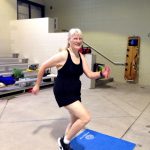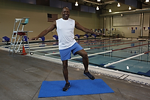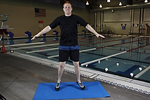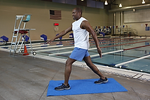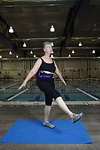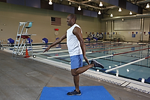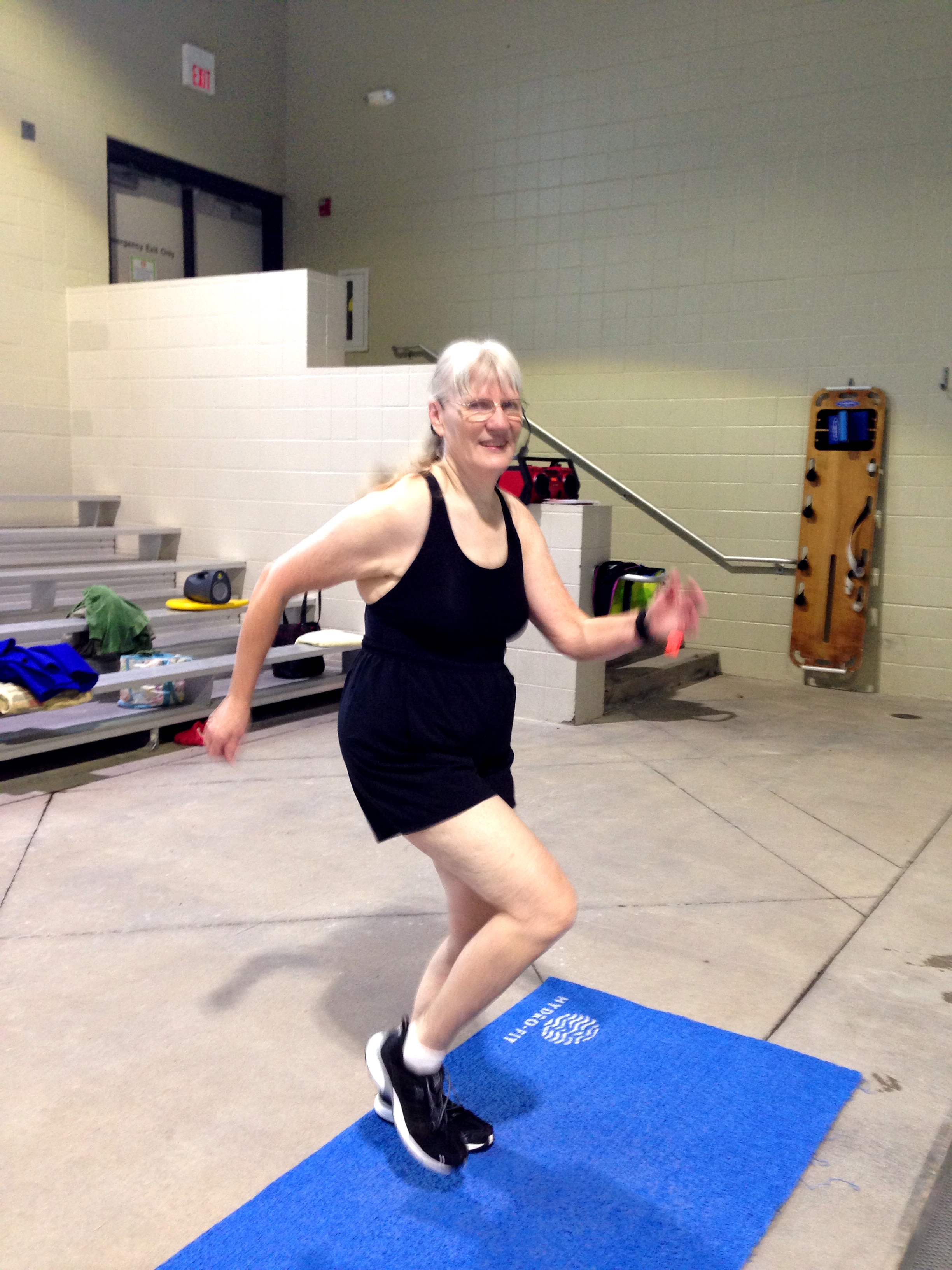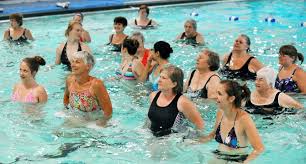This is not the first time I have promoted the benefits of water exercise! But research is ongoing and the list of benefits is getting longer. Two organizations, the National Swimming Pool Foundation and Playcore, created a resource called Water Immersion Works in 2015. The document contains a series of research vignettes written by medical doctors and PhD’s who are studying the benefits of immersion.
Each contributing scholar discusses one benefit of water exercise. Their research concludes that water exercise:
- Relaxes the blood vessels so they can carry more blood while presenting less resistance to the heart pumping the blood. With regular aquatic exercise, the vessels remain pliant.
- Improves blood flow to the brain, which may preserve brain function for many years into the future.
- Provides biological benefits for individuals with post-traumatic stress disorder.
- Increases energy expenditure, which lowers all causes of mortality risk.
- Strengthens low back muscles and reduces pain better than similar land-based therapy.
- Promotes balance and fall prevention.
- Is effective in improving physical fitness and body composition.
- Offers impressive rates of energy expenditure and caloric burn.
- Has an effect on attenuating bone resorption and enhancing bone formation.
- Offers a lower weight-bearing option for performing high intensity interval training.
- Is recommended for obese individuals who find water a desirable environment for increased physical activity.
- Reduces blood pressure for patients with hypertension.
- Reduces joint stress while improving vascular functioning for individuals with arthritis.
The research continues to evolve and further document the plentiful benefits of water immersion. If you are reading this Blog, you are already involved in water fitness. It is our job to promote these benefits to others. We also need to support the building and maintaining of public swimming pools with our votes and our tax dollars, because doing so promotes our nation’s health.
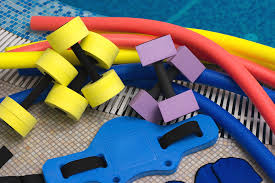
If you would a copy of the Water Immersion Works document, go to www.playcore.com/WaterImmersionWorks.html
If you would like to sign up for one of my water fitness classes, check out my schedule on my website at www.waterfitnesslessons.com
See you in the Pool!

Chris Alexander




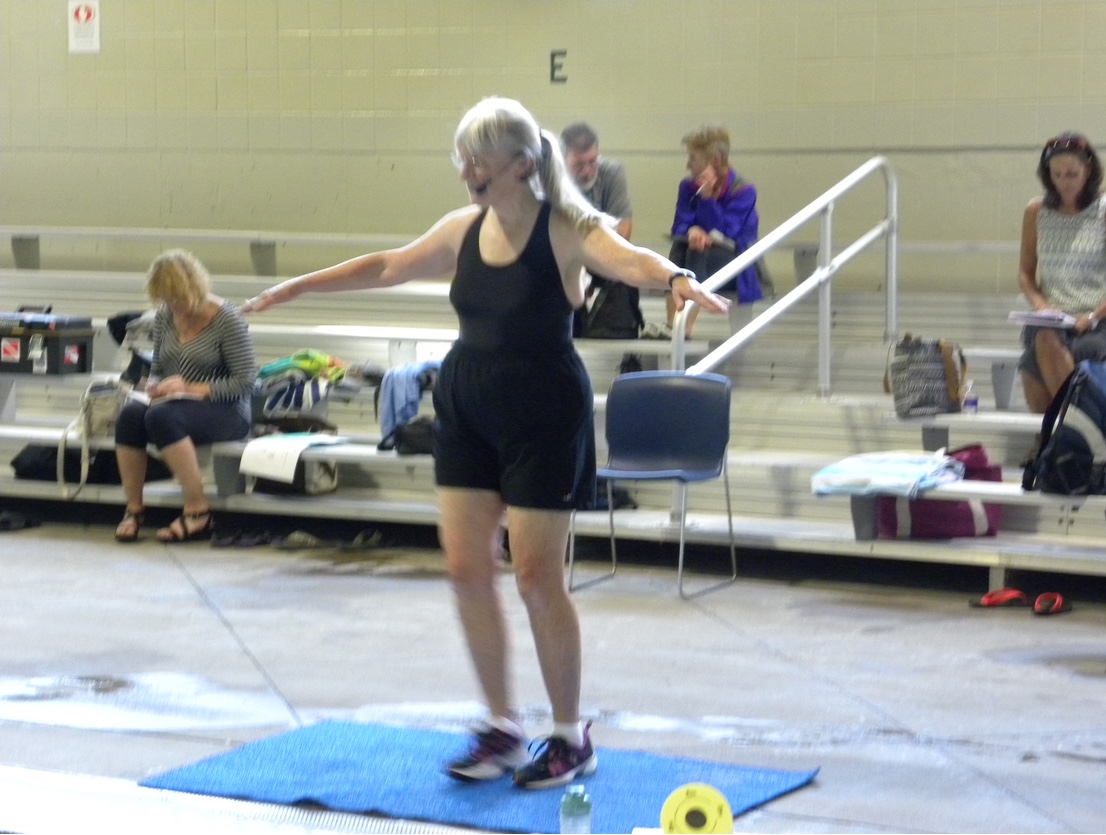 This is the sixth in a series of Blog posts on choreography. The last post described block choreography, which happens to be my favorite choreography style. I included a sample of simple block choreography, using 6 basic exercises. The 6 exercises are:
This is the sixth in a series of Blog posts on choreography. The last post described block choreography, which happens to be my favorite choreography style. I included a sample of simple block choreography, using 6 basic exercises. The 6 exercises are: